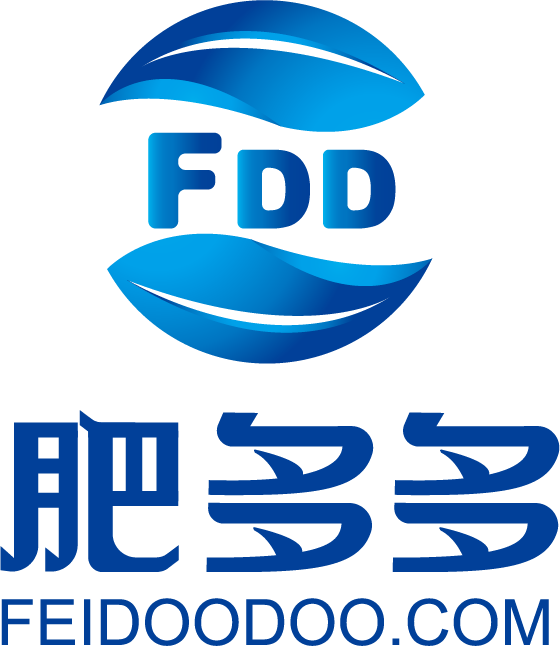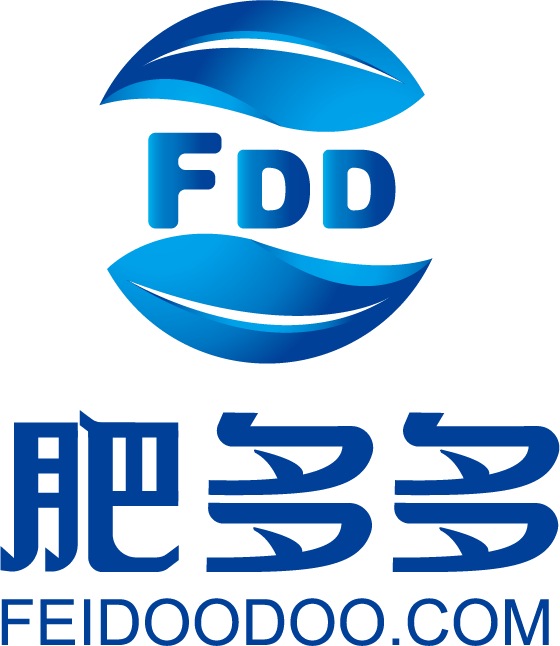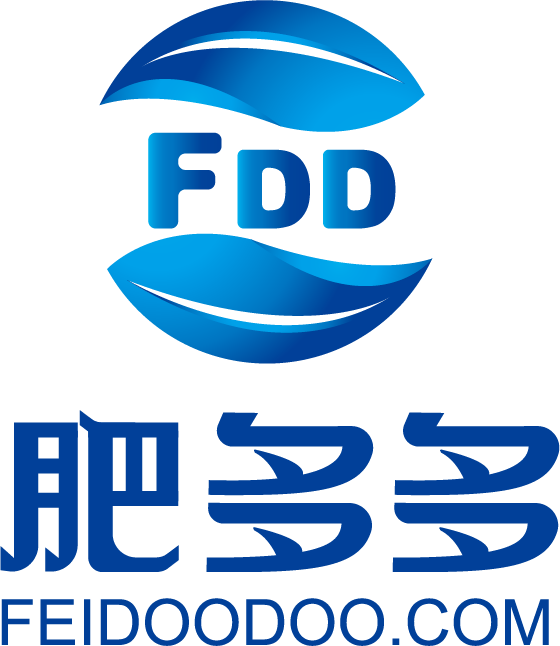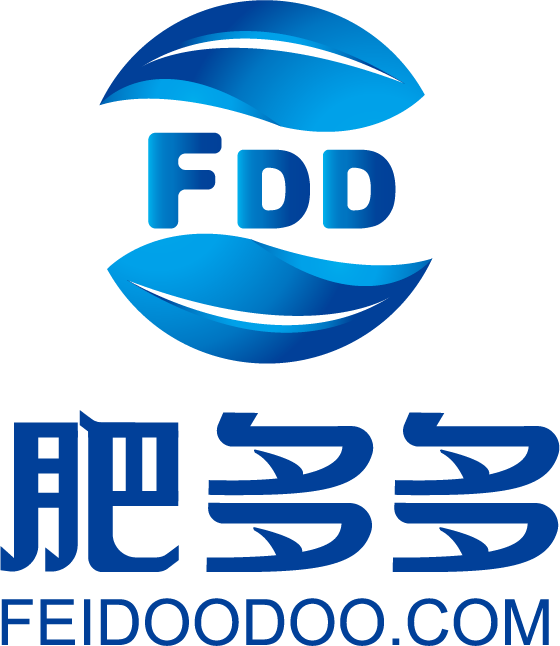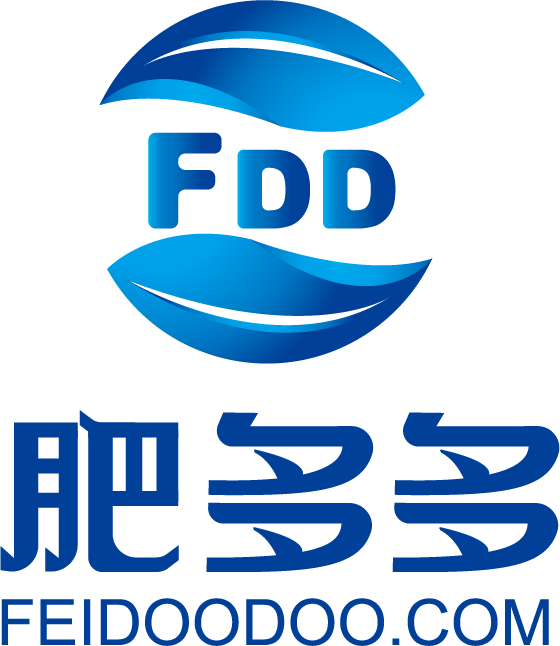International urea prices doubled in a year! Global food prices rise by 40% in 15 months
June 12, 2024, 9:21 AM
International Business Daily
1360
International urea prices doubled in a year!
The shortage of international natural gas production has stimulated its prices to soar. Especially according to the benchmark of European natural gas transactions, the price of natural gas at the center of the Dutch Property Transfer Fund (TTF) has risen by more than 250% since January.
The momentum of such a rapid rise has not only caused a direct increase in energy prices, including oil and coal, but has also begun to affect the supply and demand situation and price trends of other related industrial chains, especially to directly stimulate the prices of international fertilizers and agricultural products. effect.
The prices of urea, potassium chloride, and glyphosate have almost doubled in the past year. According to statistics from the United Nations Food and Agriculture Organization in September, global food prices have risen by 40% in the past 15 months.
The surge in natural gas prices in Europe has triggered a chain reaction, causing some fertilizer companies to be forced to cut production or even stop production.
At present, the Austrian fertilizer producer Borealis is slashing its ammonia production, which has exacerbated the already tight supply situation across the European continent. The Dutch fertilizer giant OCI recently stated that high production costs have led to the closure of some of the ammonia production facilities at the Herren plant; the world CF Industries, the largest nitrogen fertilizer plant, directly closed two factories, and even many small energy suppliers and fertilizer plants in the UK closed down.
IHSMarkit, a British information analysis solution provider, estimates that currently Europe has closed synthetic ammonia production capacity at a total of 4.6 million tons per year.
Over the past ten years, due to the oversupply of the international fertilizer market, fertilizer prices have remained relatively stable. Nowadays, the price of chemical fertilizers has risen in a thrilling and thrilling manner. Since the second half of last year, as the prices of international energy such as oil and natural gas have continued to rise, the prices of chemical fertilizers and pesticides have continued to run at a high level. Especially since June 2021, the price increase has accelerated and reached the highest level in the past decade, and the current supply is still in short supply. Intensifying.
"The price of chemical fertilizers is rising more and more outrageously, so I can't buy them if I don't need them. This autumn, the crops of a few acres of land have not been applied with a single fertilizer, so how much can be harvested!" Chinese farmer Wang Sanyuan is very resistant to the surge in chemical fertilizer prices. He said that if the price of chemical fertilizers does not come down in the fall, the wheat will not be used as a base fertilizer, and there will be enough food. Anyway, he does not expect to make money from growing food.
If more and more farmers reduce their fertilizer input due to the soaring price of chemical fertilizers, a situation that will lead to a reduction in grain harvests will inevitably arise in the later stage. The increase in direct planting costs has further pushed up the rise in international food prices. China's domestic staple food market has also rebounded significantly, especially corn. The corn market has ushered in a wave of upward trend since the Mid-Autumn Festival.
In order to ensure the sowing and harvest of grain, many countries in the world have introduced some measures to ensure the stability of fertilizer production and prices.
On September 22, China’s National Development and Reform Commission and other 13 departments jointly issued the “Notice on Doing a Good Job in Maintaining Domestic Fertilizer Supply and Price Stabilization for a Period of Time”, requiring that the supply and price of chemical fertilizers be guaranteed, and the basic stability is essential for protecting farmers’ enthusiasm for growing food and maintaining The overall situation of national food security.
In the "Notice", the state clearly stated that relevant departments supervise and guide national fertilizer commercial reserve storage enterprises in the region to carry out their work in strict accordance with the reserve management measures. Fertilizer import companies must actively expand fertilizer imports and release inventories in an orderly manner. It can be seen from this measure that the country has begun to pay attention to the issue of fertilizer reserves, and then give priority to ensuring domestic fertilizer supply and price stability.
The Thai government has also been working hard to ensure the stability of fertilizer prices. The implementation time of the Thai Ministry of Commerce’s "Commercial Price Reduction, Fertilizers for Agriculture" project was extended from July 1 to August 31 this year to October 31 this year. During this period, cheap fertilizers were sold to farmers through agricultural cooperatives, community enterprises and other agricultural institutions. It aims to help farmers affected by the issue of rising fertilizer prices.
According to Philippine media reports, the Philippines is considering importing chemical fertilizers and selling them to farmers at cost prices through government subsidies to ease the soaring prices of agricultural inputs in recent weeks. Philippine Minister of Agriculture Dahl said that the Ministry of Agriculture is studying measures to reduce the price of chemical fertilizers in the domestic market in the Philippines.
It can be said that in the face of a situation where the international fertilizer market is in short supply and prices will continue to rise, the next step will continue to stimulate international food prices. (Lu Hong)
The momentum of such a rapid rise has not only caused a direct increase in energy prices, including oil and coal, but has also begun to affect the supply and demand situation and price trends of other related industrial chains, especially to directly stimulate the prices of international fertilizers and agricultural products. effect.
The prices of urea, potassium chloride, and glyphosate have almost doubled in the past year. According to statistics from the United Nations Food and Agriculture Organization in September, global food prices have risen by 40% in the past 15 months.
The surge in natural gas prices in Europe has triggered a chain reaction, causing some fertilizer companies to be forced to cut production or even stop production.
At present, the Austrian fertilizer producer Borealis is slashing its ammonia production, which has exacerbated the already tight supply situation across the European continent. The Dutch fertilizer giant OCI recently stated that high production costs have led to the closure of some of the ammonia production facilities at the Herren plant; the world CF Industries, the largest nitrogen fertilizer plant, directly closed two factories, and even many small energy suppliers and fertilizer plants in the UK closed down.
IHSMarkit, a British information analysis solution provider, estimates that currently Europe has closed synthetic ammonia production capacity at a total of 4.6 million tons per year.
Over the past ten years, due to the oversupply of the international fertilizer market, fertilizer prices have remained relatively stable. Nowadays, the price of chemical fertilizers has risen in a thrilling and thrilling manner. Since the second half of last year, as the prices of international energy such as oil and natural gas have continued to rise, the prices of chemical fertilizers and pesticides have continued to run at a high level. Especially since June 2021, the price increase has accelerated and reached the highest level in the past decade, and the current supply is still in short supply. Intensifying.
"The price of chemical fertilizers is rising more and more outrageously, so I can't buy them if I don't need them. This autumn, the crops of a few acres of land have not been applied with a single fertilizer, so how much can be harvested!" Chinese farmer Wang Sanyuan is very resistant to the surge in chemical fertilizer prices. He said that if the price of chemical fertilizers does not come down in the fall, the wheat will not be used as a base fertilizer, and there will be enough food. Anyway, he does not expect to make money from growing food.
If more and more farmers reduce their fertilizer input due to the soaring price of chemical fertilizers, a situation that will lead to a reduction in grain harvests will inevitably arise in the later stage. The increase in direct planting costs has further pushed up the rise in international food prices. China's domestic staple food market has also rebounded significantly, especially corn. The corn market has ushered in a wave of upward trend since the Mid-Autumn Festival.
In order to ensure the sowing and harvest of grain, many countries in the world have introduced some measures to ensure the stability of fertilizer production and prices.
On September 22, China’s National Development and Reform Commission and other 13 departments jointly issued the “Notice on Doing a Good Job in Maintaining Domestic Fertilizer Supply and Price Stabilization for a Period of Time”, requiring that the supply and price of chemical fertilizers be guaranteed, and the basic stability is essential for protecting farmers’ enthusiasm for growing food and maintaining The overall situation of national food security.
In the "Notice", the state clearly stated that relevant departments supervise and guide national fertilizer commercial reserve storage enterprises in the region to carry out their work in strict accordance with the reserve management measures. Fertilizer import companies must actively expand fertilizer imports and release inventories in an orderly manner. It can be seen from this measure that the country has begun to pay attention to the issue of fertilizer reserves, and then give priority to ensuring domestic fertilizer supply and price stability.
The Thai government has also been working hard to ensure the stability of fertilizer prices. The implementation time of the Thai Ministry of Commerce’s "Commercial Price Reduction, Fertilizers for Agriculture" project was extended from July 1 to August 31 this year to October 31 this year. During this period, cheap fertilizers were sold to farmers through agricultural cooperatives, community enterprises and other agricultural institutions. It aims to help farmers affected by the issue of rising fertilizer prices.
According to Philippine media reports, the Philippines is considering importing chemical fertilizers and selling them to farmers at cost prices through government subsidies to ease the soaring prices of agricultural inputs in recent weeks. Philippine Minister of Agriculture Dahl said that the Ministry of Agriculture is studying measures to reduce the price of chemical fertilizers in the domestic market in the Philippines.
It can be said that in the face of a situation where the international fertilizer market is in short supply and prices will continue to rise, the next step will continue to stimulate international food prices. (Lu Hong)
Recommended for you
- International Fertilizer Market - Potash Giants Report First Quarter: Signs of Recovery in Potash Demand! Meanwhile, Russian Fertilizer Exports to the US Reach Annual High2647
- Phosphate Fertilizer Weekly Report: Supported by Pending Orders and Costs, Firm Prices2327
- Urea Weekly Review: Cautious Buying and Slow Follow-Up, Prices Hold Steady2438
- Urea Daily Review: Weakened Supply-Demand Support, Enterprises Lower Prices to Attract Orders2467
- Phosphate Fertilizer Daily Review: Pending Orders Support Prices, Stability in the Short Term2373
June 12, 2024, 9:21 AM

